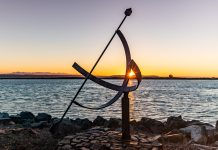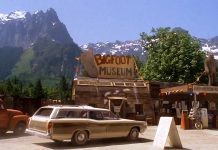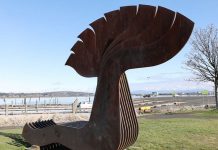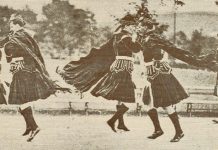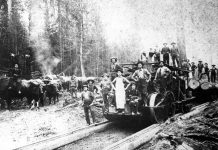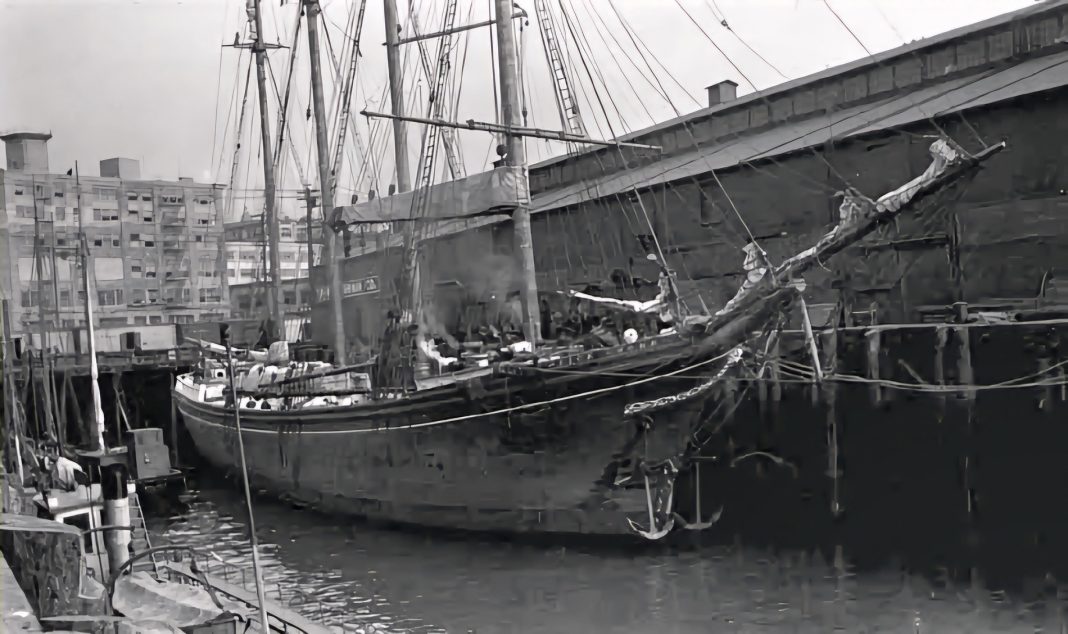Mukilteo’s seaside charm has long captivated those fortunate enough to grow up along its shores, and for Rudolph Pallas, it became the backdrop to a life of adventure. As a young boy, he watched windjammers glide into the port and dreamed of one day charting his own course at sea. That dream began with a small skiff he bought at 17, setting out to explore the serene waters of Possession Sound.
Years later, his aspirations transformed into a career on the high seas, taking him around the world and back again. Yet through it all, Rudolph Pallas remained tied to Mukilteo, his skiff standing as a symbol of a life shaped by the call of the ocean.
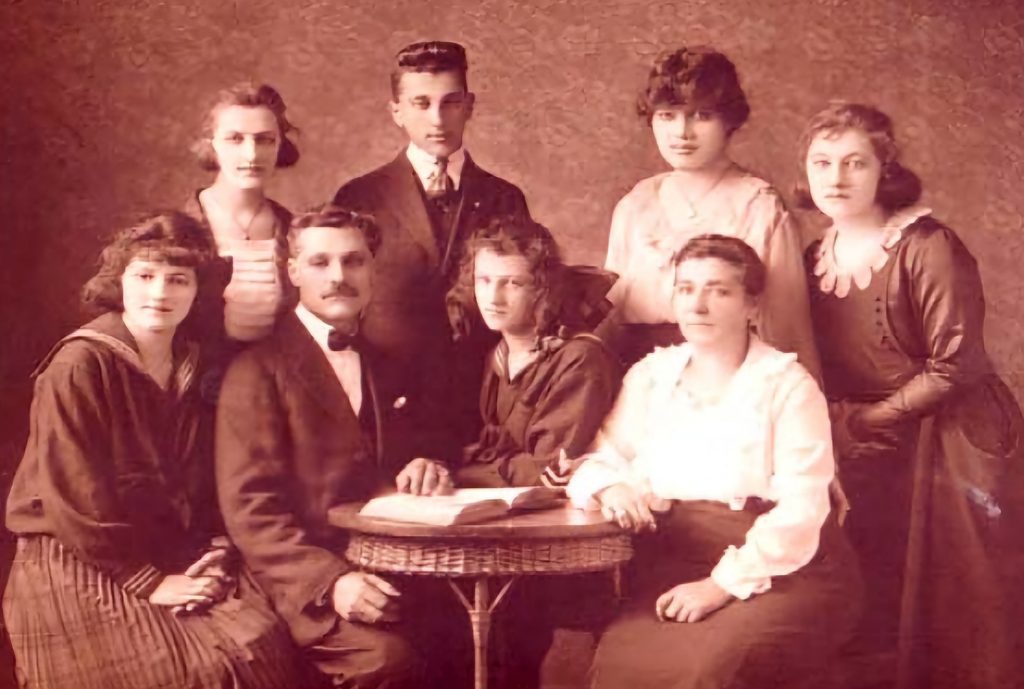
How a Boy Named Rudolph Pallas Fell for Mukilteo’s Maritime Magic
Rudolph Pallas’s journey began in 1900 in Phillips, Wisconsin, before his family relocated to the quiet, seaside small town of Mukilteo in 1906. As the only son among six children, he grew up in a picturesque home overlooking Possession Sound, where he and his sisters spent countless hours discovering the wonders of the tide flats. And while the scuttling crabs and endless array of sea creatures proved quite fascinating, it would be the tidal pull of Mukilteo’s bustling port that would draw him to a life at sea.
The port itself was a lifeline for the Crown Lumber Company, a large sawmill that provided lumber for the rapidly growing west coast. This meant that young Rudolph spent his childhood afternoons watching the deepwater port ripple with activity as windjammers and steam schooners set sail for distant shores, carrying with them his imagination like precious cargo.
He came to know every vessel by name and his infatuation with the sea led him to sign on as a cabin boy aboard the windjammer Alice Cooke at the age of fourteen, though his father quickly intervened and put an end to his plans. Though it would take a few more years, Rudolph would remain undeterred in realizing his dream of casting away to explore beyond the shores of Mukilteo.
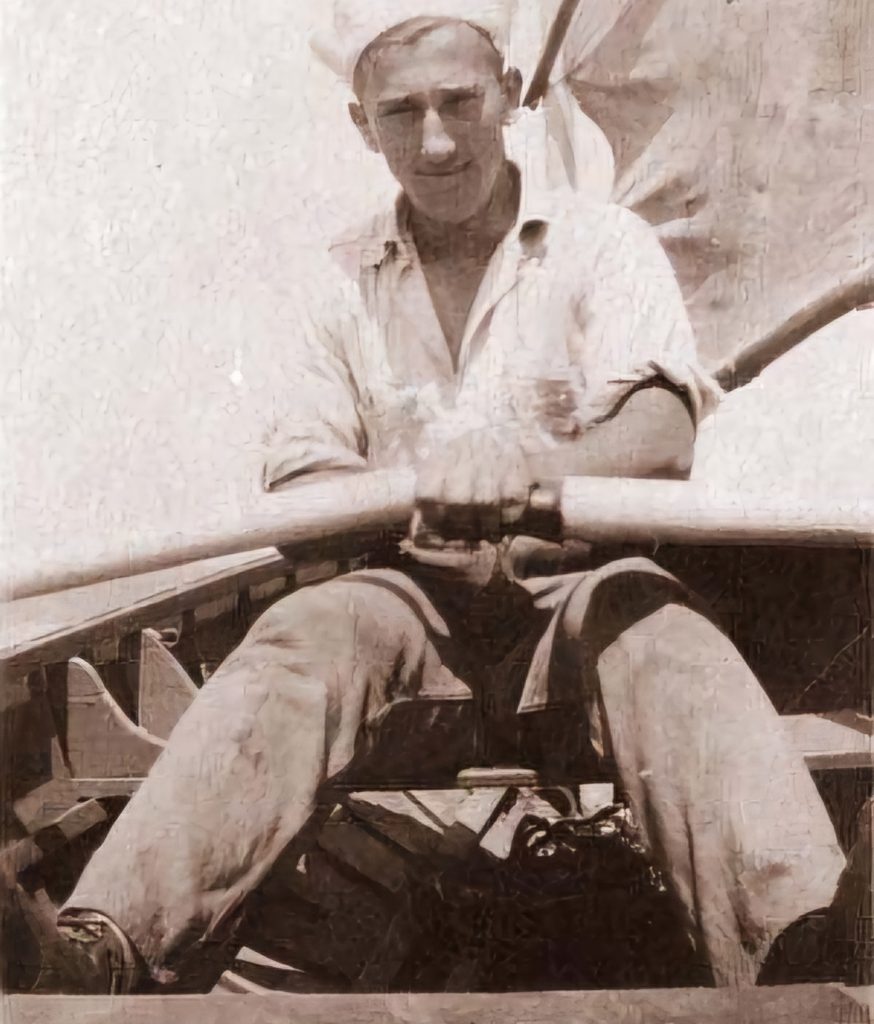
Rudolph Rows His Mukilteo Skiff Towards a Life at Sea
At 16, Rudolph traded tide pools for timber, laboring at Mukilteo’s Crown Mill to fund his maritime ambitions. By 17, he’d saved enough to commission a skiff from local carpenter Charley Valero, a craftsman lost to history but whose windjammer-inspired hull mirrored Rudolph’s seafaring dreams. Though the Losvar family dominated Mukilteo’s boatbuilding scene with clinker-style rowboats, Rudolph’s smooth-hulled skiff stood apart, a testament to Valero’s mysterious craftsmanship.
With this vessel, he claimed Possession Sound as his domain, treating the nearby islands of Whidbey, Hat, and Camano as his ports of call. Occasionally hoisting a sail for rest, he navigated these waters with fervor and later equipped the skiff with one of the first outboard motors in Mukilteo.
The skiff became a portal to adventure, ferrying friends and family through the sound’s salmon-rich waters. A later upgrade, a clunky Koban outboard motor, touted as Mukilteo’s first, proved more a burden than a blessing, its violent vibrations testing the boat’s limits. Yet even misfires couldn’t dampen Rudolph’s spirit. The skiff, weathered but steadfast, anchored him to the sea long before global voyages called.
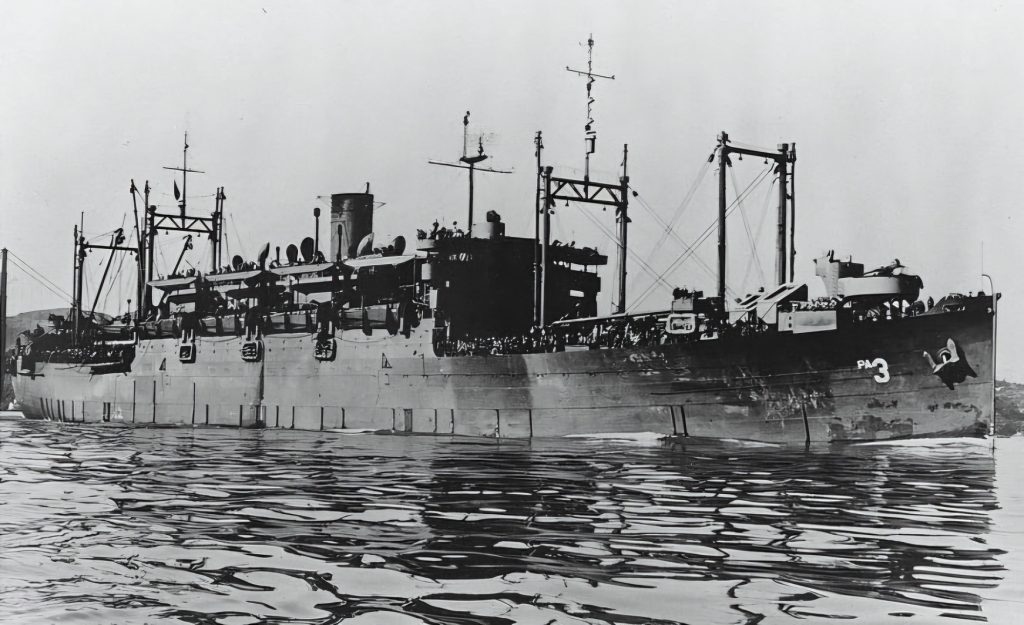
Rudolph Pallas and His Hero’s Voyage as a Coast Guardsman
In 1922, Rudolph traded the sheltered waters of Possession Sound for the wilds of the North Pacific, enlisting in the Coast Guard aboard the Unalga. Stationed in Port Townsend, the revenue cutter navigated Alaska’s rugged coastlines, delivering mail and medical aid to remote villages like Seward and Skagway.
His voyages took him to the Pribilof Islands and St. Matthew’s Island, where the Unalga enforced fur seal protections under international treaties, a mission blending duty with adventure. These years honed his seamanship and deepened his respect for the ocean’s dual nature as a lifeline for isolated communities and a force demanding reverence.
By 1924, Rudolph traded his Coast Guard uniform for grease-stained overalls as a licensed marine engineer with the American Mail Line. Aboard the President McKinley and later the President Jackson, he maintained steam engines on trans-Pacific runs, hauling silk to Seattle and manufactured goods to Asia. The Panama Canal’s locks and Manila’s bustling ports became as familiar as Mukilteo’s tide flats.
Though World War II and the rise of air travel dimmed the era of ocean liners, Rudolph’s postwar voyages to the Indian Ocean kept his wanderlust aflame. Treasures from Shanghai screens to Persian rugs, still cherished by his family, bore witness to a life spent bridging continents.
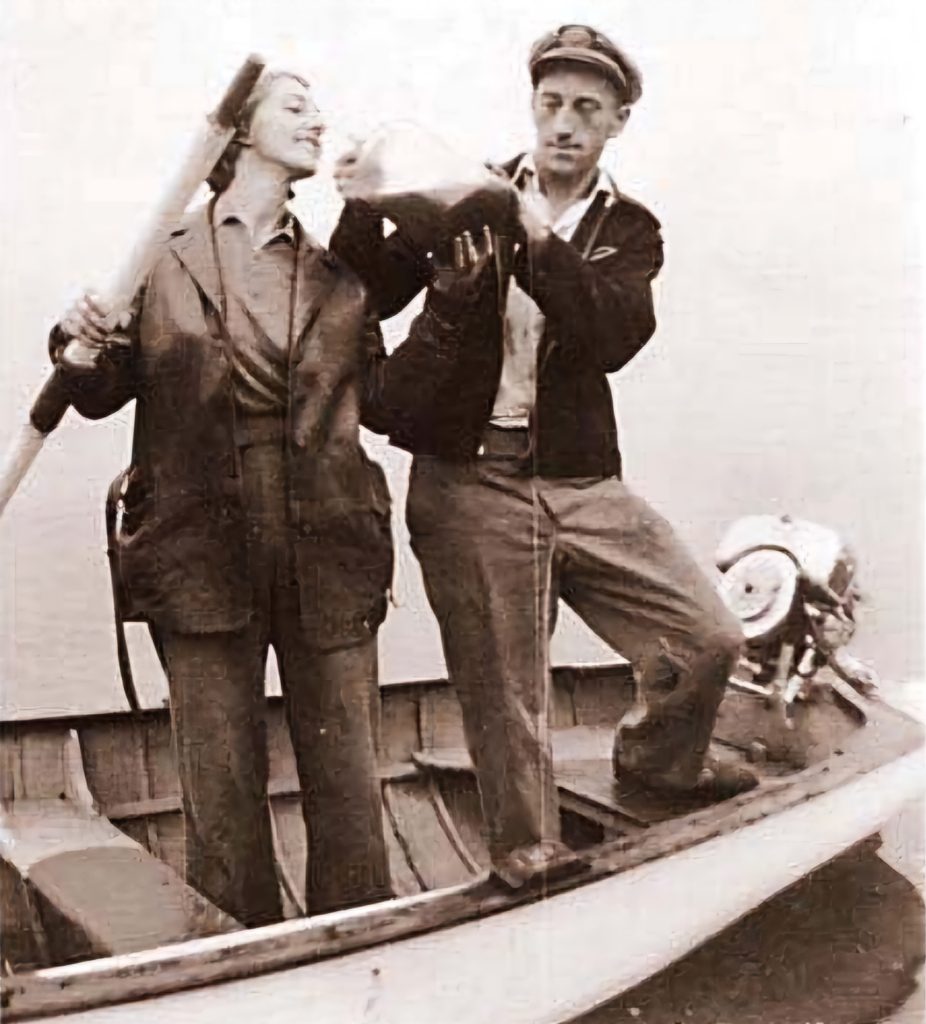
Returning Home to Rudolph’s Mukilteo Skiff
Yet home always beckoned. Between voyages, Rudolph returned to his beloved skiff, now a relic of simpler times. During the 1920s, Pallas could routinely be found packing up the boat before heading out once again with friends to go camping on Whidbey Island. These were the good times, but sadly, as time went on and Whidbey Island started development, it was getting hard to find good camping sites.
Of course, for Rudolph Pallas, the only logical solution was to buy his own property on the island, and in the 1930s, he began work on a cabin, hauling lumber for his new home across the Sound in the trusty boat that had launched his dreams.
As the decades passed, the skiff began to show signs of wear and tear, particularly where the stern and keel met. By the late 1960s, it was no longer seaworthy and was stored in Seattle. Rudolph often gazed at the idle boat, reminiscing about the many adventures it had provided. These cherished memories were a testament to the skiff’s significance in his life.
Rudolph died just shy of his 90th birthday in 1990, leaving behind a legacy of stories and a deep connection to Puget Sound. Though he traveled the world, it was the waters of Mukilteo that always held his heart. The skiff, a symbol of his adventurous spirit, remained a lasting testament to his life well-lived.


